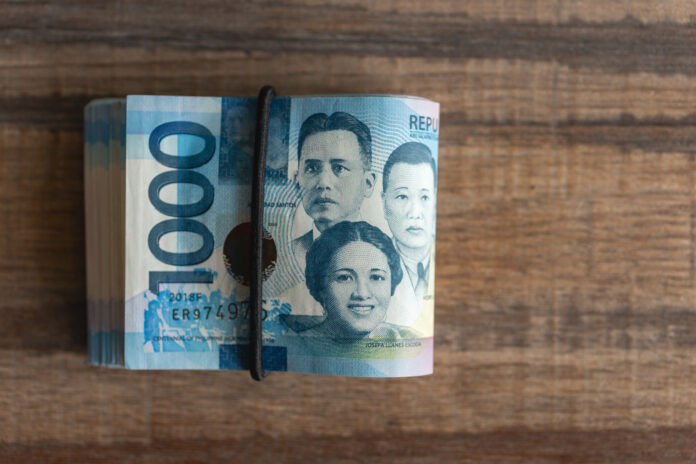Inflation in the Philippines, which has plumbed a record low in more than five years of 1.3 percent in May, is projected to inch up at the upcoming June price survey, analysts at Moody’s Analytics said on Monday.
According to Moody’s economists, the rate at which prices change is seen averaging 1.4 percent in the survey, or the same level in May when utilities and housing-and transport-related costs helped ease the burden of provisioning for these necessities by businesses and households.
This develops even as the Bangko Sentral ng Pilipinas (BSP) projects headline inflation for June 2025 to fall within the range of 1.1 percent to 1.9 percent, marking a continued easing trend that keeps inflation well below the central bank’s 2–4% target range.
According to the BSP, upward price pressures during the month likely stemmed from higher meat and vegetable prices, elevated global oil prices, and peso depreciation. However, these were partially mitigated by declines in the prices of rice, fish, and fruits, as well as lower electricity rates.
The BSP emphasized its ongoing commitment to price stability, stating that monetary policy will remain calibrated to support sustainable economic growth and employment, amid lingering supply-side risks. The narrow forecast band suggests a cautiously stable inflation outlook, which could give the central bank room to adjust policy as needed in response to evolving domestic and global conditions.
Analysts elsewhere in the region noted that business confidence is under strain as trade tensions and geopolitical uncertainty weigh on outlooks, with key macroeconomic indicators signaling softer momentum in Japan, China, and South Korea.
According to analysts, the Bank of Japan’s June Tankan survey is expected to show a decline in business sentiment, with the overall diffusion index likely dropping two points to 13. Analysts cite persistent trade tensions with the U.S.—including unresolved tariff issues and slow bilateral negotiations—as key headwinds. Additionally, instability in the Middle East has raised concerns over energy prices and supply chain disruptions. Sentiment among manufacturers is forecast to deteriorate across the board, though non-manufacturers remain buoyed by strong tourism-driven service sectors, notably in hospitality and retail.
China’s official manufacturing Purchasing Managers’ Index (PMI) for June is expected to remain in contractionary territory for a third straight month, with a projected reading of 49.8. While recent U.S.-China trade talks in London showed limited progress, weak demand from key export markets continues to drag on new orders, highlighting persistent external headwinds for the world’s second-largest economy.
South Korea is set to release a series of economic indicators this week. May retail sales are anticipated to show a modest rebound, supported by improved consumer sentiment ahead of the 3 June presidential election. However, industrial production likely dipped 0.1 percent month-on-month, reflecting export challenges—especially in the automotive sector, where shipments to the U.S. dropped 4.4 percent year-on-year under higher tariffs.
Still, strong semiconductor exports helped sustain the trade surplus, expected to widen to approximately US$7.1 billion in June. On the policy front, the administration of President Lee Myung is expected to unveil a supplementary budget aimed at bolstering household consumption and supporting small businesses. Seoul is also seeking to extend trade negotiations with Washington to avoid a tariff hike to 25 percent on Korean goods in early July.
These developments underscore growing risks to regional stability and domestic demand amid global trade friction and shifting geopolitical dynamics. Central banks and fiscal authorities in Asia may be compelled to adopt more accommodative measures to sustain momentum and counter external shocks.






